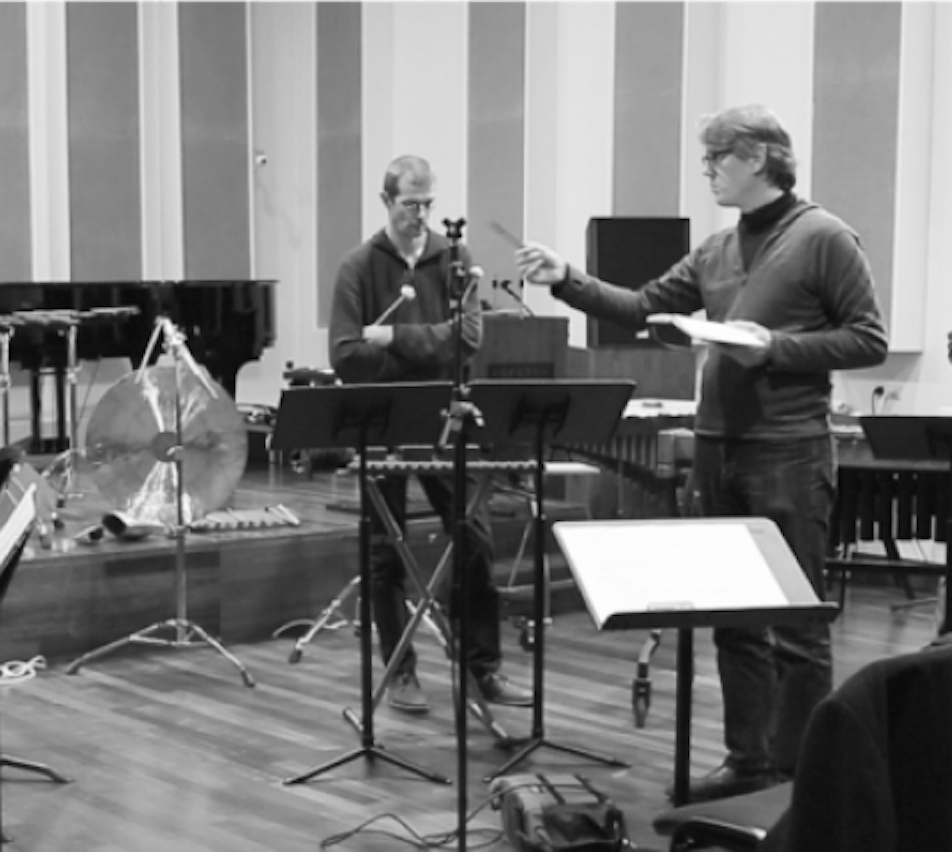

Paolo Galli
| Keywords: | composition, vocal music, electronics, linguistics |
| Duration: | Started in 2014 |
| Period: | 20th century music, 21st century music |
| Musician type: | composer |
| Host institution: | Antwerp University |
| Keywords: | composition, vocal music, electronics, linguistics |
| Duration: | Started in 2014 |
| Period: | 20th century music, 21st century music |
| Musician type: | composer |
| Host institution: | Antwerp University |
Influenced by new, even revolutionary linguistic theories of renowned scholars, such as Roman Jakobson (1896- 1982), several composers established an interaction between vocal/electronic compositions and the phonetic dimension of the linguistic apparatus. By focusing his attention on compositions written by Karlheinz Stockhausen (1928-2007), e.g. Gesang der Junglinge (1955-56), by Luciano Berio (1925-2003), e.g. Thema (Omaggio a Joyce) (1958), by Luigi Nono (1924-1990), e.g. Omaggio a Gyorgy Kurtag (1983), by Kaija Saariaho (1952), e.g. Lonh (1996), by Jonathan Harvey, i.e. Speakings (2008), Galli will pursue the following research objectives:
1) Investigation of the interactions between the phonetic characteristics of a text and the timbral and formal features of a composition including voice instruments and electronics.
2) Exploration of the subtle transformations between words as bearers of meaning (‘sense’) and words as sound material (‘sound’).
A substantial part of this research will be carried out by using music itself as a tool for text analysis through the creation of two original compositions for voice, instruments and live electronics. By musically exploring the intrinsic syllabic and phonemic structure of a text, it is Galli's intention to derive a new set of compositional parameters. The further results will be disseminated via the redaction of a handbook for composers, two articles, a doctoral thesis and via a series of five lectures for students at the Royal Antwerp Conservatoire.
Arthur Cools (Promotor), Wim Henderickx (promotor)